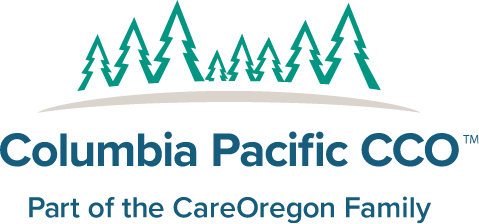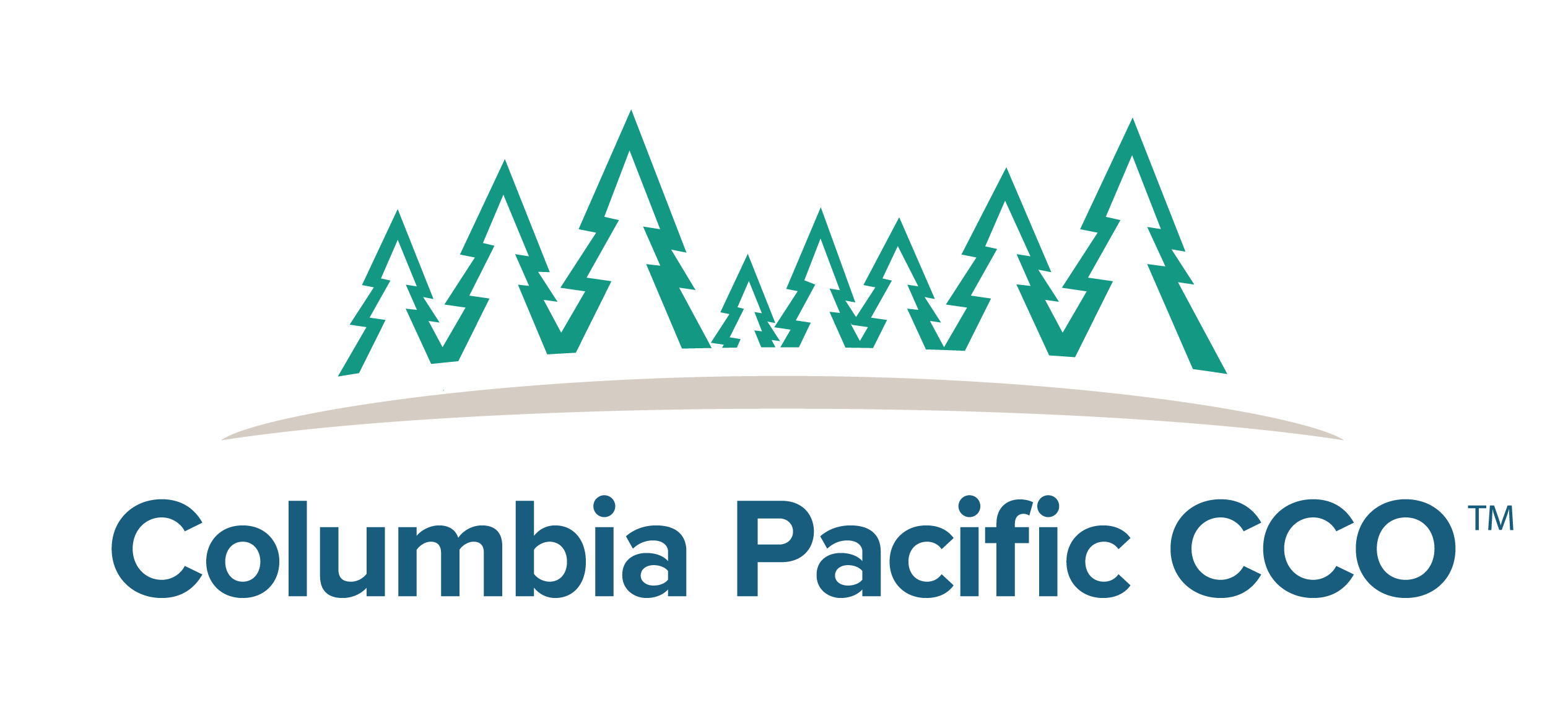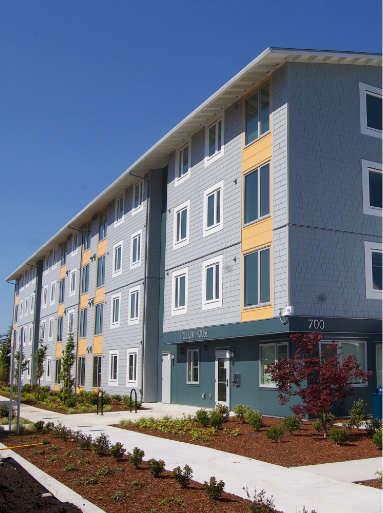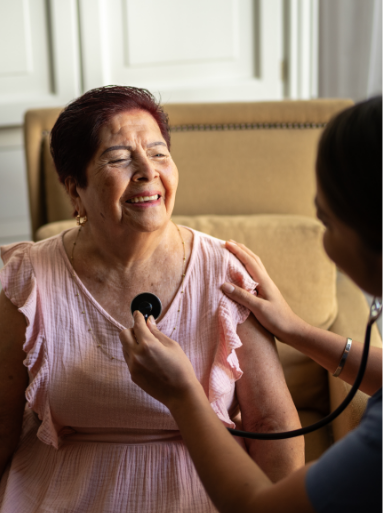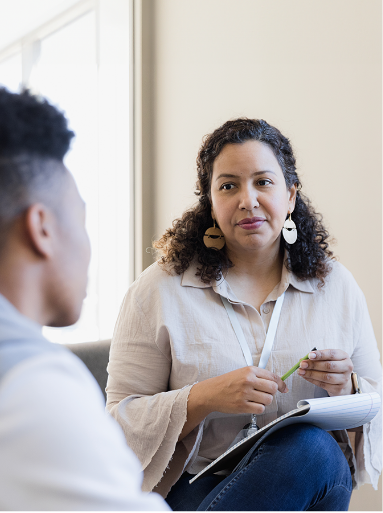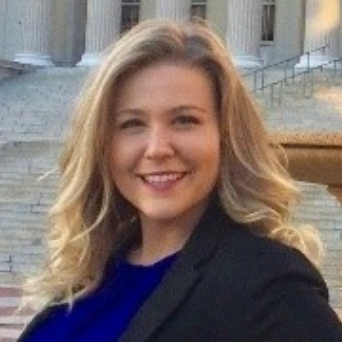Reaching deep into our communities
If you visited a food pantry, senior center or community fair last summer, you may have spotted us. Perhaps you stopped by our table to share a story about an experience that impacted your health.
Over a three-month period starting in May, members of our Community Engagement Team fanned out across our three-county service region to collect stories by asking residents to take our Regional Health Needs Assessment survey (in English or Spanish). They made a special effort to visit community action agencies and other places that are part of the social safety net.
In the late summer, we began to analyze survey responses, identifying community needs that will inform our future work and funding priorities. Story collection is the primary research tool for our Regional Health Needs Assessment, which we conduct every five years to support our Regional Health Improvement Plan. Our next Regional Health Improvement Plan will span 2025-2029.

St. Helens Mayor Rick Scholl chats with Columbia Pacific’s Martha Ruiz Olmstead about the need for more affordable housing as he completes our Regional Health Needs Assessment survey.
Since we adopted our current Regional Health Improvement Plan, we’ve worked to address our region’s housing needs, promote trauma informed care, support community-led suicide prevention efforts, strengthen social-safety-net organizations and more.
Addressing health disparities
As with previous Regional Health Needs Assessments, we made a special effort to learn about the experiences of groups that have historically faced health inequities.
For instance, we used a special survey technique to gain insights into the experiences of certain racial and ethnic minority groups. In addition, more than half of survey respondents said “yes” or “in certain circumstances” when asked whether they have a functional need or disability.
And for the first time ever, our survey asked about sexual orientation and gender identity. The many stories we collected will help us gain a better understanding of the barriers faced by members of our LGBTQ+ community.
What we learned
Not surprisingly, the shortage of affordable housing continues to be a major issue in our region. Language access, discrimination toward patients belonging to minority groups and difficulties accessing care are also top concerns, according to a preliminary analysis of survey responses.
“Everyone is thinking about housing, talking about housing and expressing how the lack of choice in housing impacts their health,” said Heather Oberst, Columbia Pacific Community Engagement Manager.
What comes next?
In February, we will host a series of community-input meetings to share the findings of our Regional Health Needs Assessment as well as data from community health needs assessments conducted by our clinical partners. Attendees will have an opportunity to vote on the priorities of our next Regional Health Improvement Plan.
Later in the year, our Regional Community Advisory Council will vote on the plan, based on the recommendations of our county-level Community Advisory Councils. The adopted plan will be submitted to the Oregon Health Authority by the end of 2024.
